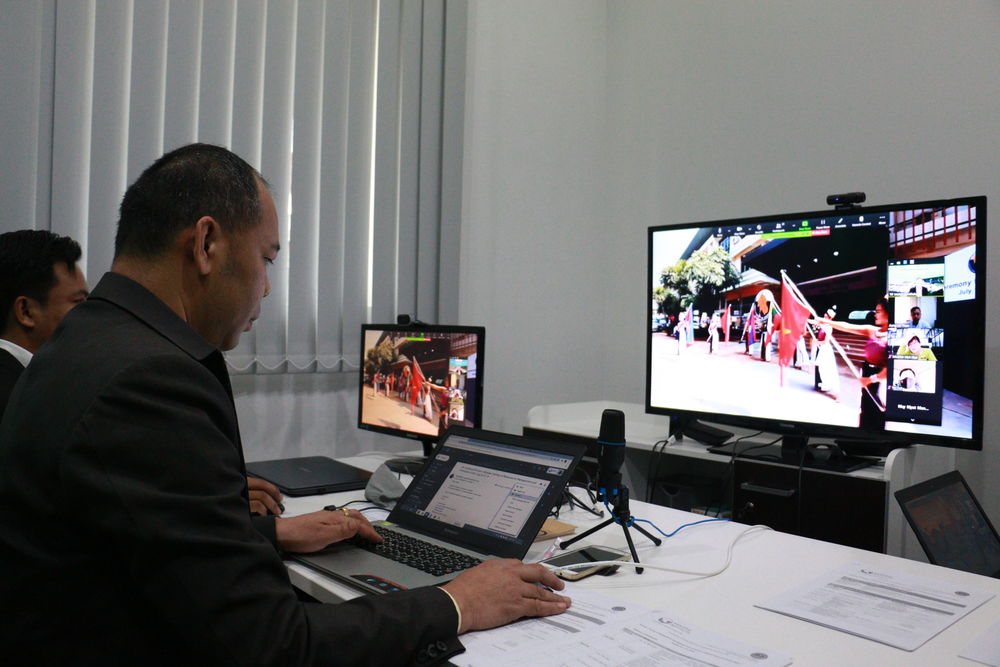Continued efforts by Mekong Institute (MI) to strengthen Special Economic Zone (SEZ) management were reaffirmed after the completion of the modular training on “Measures for the Management and Promotion of Special Economic Zones.”
“The training underscored the importance of working together and sharing information to unify special economic zones for better trade and investment facilitation not just in our respective countries but for the region,” Mr. Hector Ho, Business Development Manager of Phnom Penh SEZ PLC, said of the merits of the Economic Zone online system to better connect investors from Lancang-Mekong countries and outside the region.
Mr. Ho is one of one of 25 participants who was briefed from August 10 to 21, 2020 on the global and regional progress of SEZ and Cross Border Economic Zones, as well as current management strategies, policies, and practices that can further attract and facilitate foreign investment, integrate small- and medium-sized enterprises (SMEs) into regional value chains, promote export-oriented growth, and generate employment.
Other than the exposure of best practices, the 10-day virtual training also helped level off understanding of trade opportunities and investment synergies among government, business group, and private sector representatives from Cambodia, Lao PDR, Myanmar, Thailand, Vietnam, and Sri Lanka.
“This gave us the opportunity to better understand the process in establishing a special economic zone and how our SMEs can expand their businesses and investments ” Ms. Patcharaphon Poobanchao, Vice President of Business Potential Development and Funding at the Federation of Thai SME, said.
Ms. Paoobanchao also commended MI’s inclusion of practical sessions in mitigating the economic impacts of COVID-19, as MI highlighted policy initiatives and adaptation measures in maintaining the free and safe movement of goods, services, and people during the pandemic.
In addition, Ms. Mai Thi Chau Ha, Economic Researcher of Danang Institute for Socio-Economic Development complimented MI for providing multi-perspectives on SEZ management, as experts from the Belt and Road Research Institute (Shenzhen) for International Cooperation and Development, Shenzhen Foundation for International Exchange and Cooperation, UNESCAP in India, and Thilawa SEZ Management Committee presented innovative SEZ management approaches that can be adapted by Lancang-Mekong member countries.
She added that the knowledge sharing and feedbacking will “help strengthen our research on skilled labor, capital, and resource movement.”
The training is part of the “Joint Development of Cross-Border Economic Zones” project implemented by MI and in coordination with Thailand’s Ministry of Commerce. With support from the Lancang-Mekong Cooperation Special Fund, the project aims to enhance trade and investment facilitation between and among Lancang-Mekong countries by promoting SEZs, deepening inter-country coordination, strengthening supply chains, and upgrading production bases.








